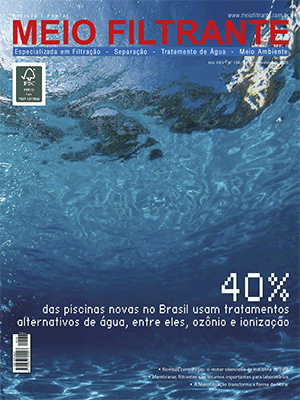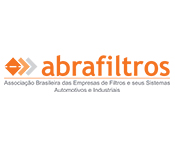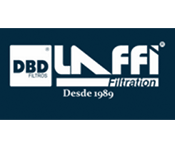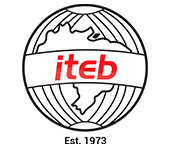The importance to use 3-stage filtration for maximum protection of diesel engine components
Parker -
These types of filters have several benefits
The Parker Racor Fuel Filter Water Separator Turbine Series is the most trusted line of fuel filter water separators on the market. The assembly's three-stage filtration system effectively removes water and particulates from fuel, providing maximum protection of diesel engine components in applications where reliability is critical.
To meet the unique requirements of customer's engines, Racor Turbine Series fuel filter water separators are available in a wide range of configurations. All models utilize Racor's proprietary Aquabloc® filtration elements. Aquabloc® is a unique engineered media tha incorporates pleat-spacing corrugations and a graduated pore structure to increase dirt-holding capacity and extend filter life. The media is waterproof and rustproof, capturing contaminants while the specially treated surface separates and coalesces water from the fuel; causing water to gather into large droplets that then fall into the clear collection bowl. Aquabloc® elements are available in three different ratings, including:
30 micron (98%@10 miron) - Captures more contaminants than 30 micon elements , and more effective at stopping water. Extends the life of the entire fuel system. Most popular choice
"2" micron (98%@4micron) - Maximum water removal and filtration, capable of protecting all modern injections, systems while greatly extending the life of difficult-to-service
on-engine filters.
How they work
For optimal performance, Turbine Series filter assemblies should be installed on the vacuum side of the fuel transfer pump. They remove contaminates from fuel using the following three-stage process:
Stage One - Water Separation: As fuel enters the filter assembly, it moves through the centrifuge and spins off large solids and water droplets, which fall to the bottom of the collection bowl.
Stage Two - Coalescing: Small water droplets bead-up on the surface of the conical baffle and cartridge element. When heavy enough, they fall to the bottom of the bowl.
Stage Three - Filtration: Proprietary Aquabloc® cartridge stops and captures fine hard and soft contaminants, while remaining water coalesces on the media surface. The coalesced water gathers into larger drops that then fall down into the clear collectio bowl.
Markets:
Agriculture
Construction
Power Generation
Oil and Gas
Applications:
Diesel and Biodiesel Engines
Benefits:
Removes water that enters the system throught condensation in the fuel tank. Any water present in the fuel stream will support bacterial growth, which can cause clogged filters and result in the formation of corrosive acids. Susceptible components then rust and corrode, leading to erosion and wear of critical fuel system components.
Remove hard particles present in air that are introduced during fueling, such as sand and silica.
Removes soft contaminant particles from overheated and degraded diesel fuel, which coat filters with black asphaltene-like substance, leading to power loss and engine shutdown.
Prevents costly injector damage and increases operational life of downstream filters.
Saves time and money by eliminating unplanned maintenance and unscheduled downtime from system component failure.
With Racor 75 and 791000 Turbines, a simple turn of a valve puts a clean filter back on-line. Servicing of the clogged filter can then be performed with the engine running.
Available in a wide range of configurations to meet the unique requirement of costumers' engines, including marine (UL-approved) versions.
Features:
Aquabloc® engineered media elements with 98% efficiency at 4, 10 or 30 micron
Various flow rates available: 60 gph (227 lpm) with a single 500FG Series, up to 540 gph (2044) with the 77 and 791000 series triple-manifold units
Corrosion-resistant construction
Self-venting drain valve or plug (on metal bowls)
Clear contaminant collection bowl






